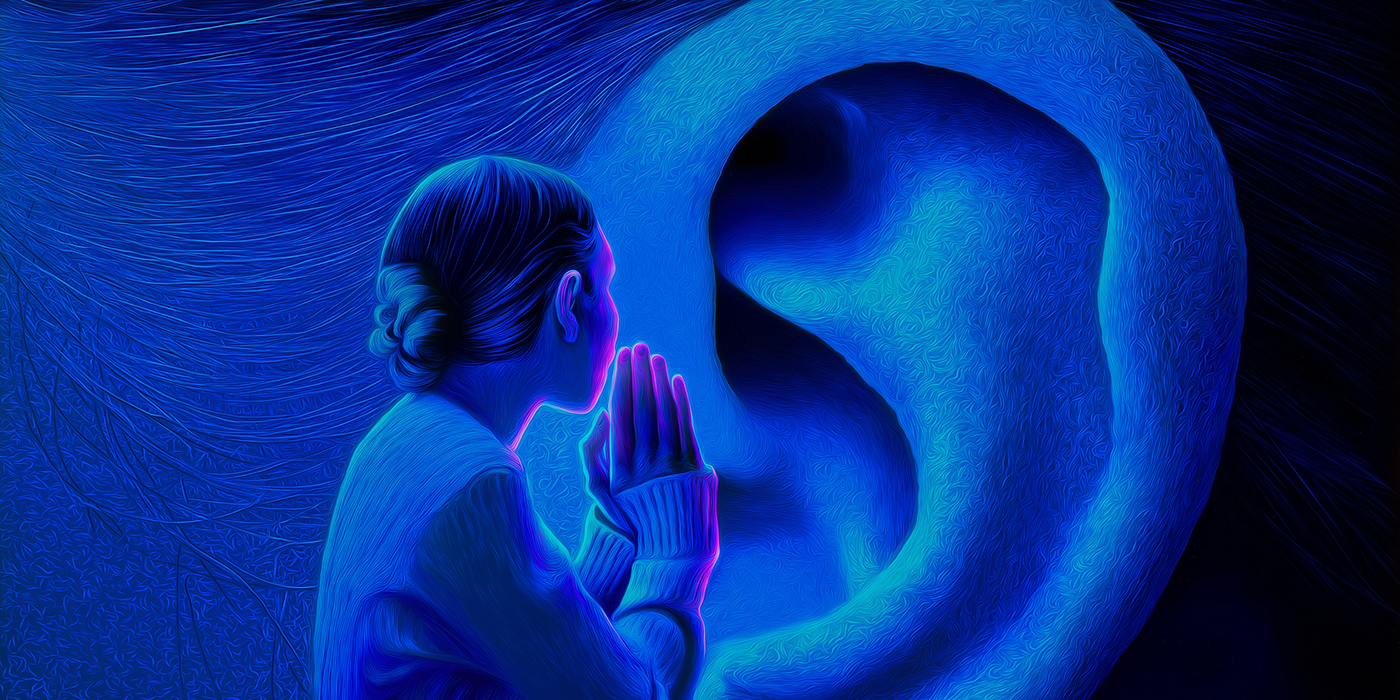
Before getting sober, I was not a book person. In fact, I had never read a book cover-to-cover. I almost finished one book in school because it took me into a fantasy world, away from reality. Most reading for me, though, was distressing and pointless.
My religious tradition encouraged me to read, study, and meditate. I sometimes read scripture so as not to incur disapproval or feel left out, but I missed the most important part of reading: applying its principles. I saw reading only as a box to check off.
My disinterest in reading wasn’t for lack of encouragement. Both my wife and therapist suggested several books that likely would’ve been helpful. My therapist even printed book excerpts for me so I didn’t feel intimidated by a whole book in my hands. After rare instances when I got hold of myself and read a little something, I was like a man looking into a mirror, but when he walks away, he forgets what he saw. If I were to effectively read something, I’d have to face myself and look within. I was too uncomfortable being myself let alone having to examine myself along with my reasoning, my motivations, or my emotions.
Everything changed when I came to the Program. I was so desperate that I was willing to do anything . . . even read. Even I was shocked at this! I started with the White Book because I knew I needed it, and I saw that it was working for many other sexaholics.
With the help of the Program, a change began to occur within me when I started reading the literature with the intention to absorb and apply it. I got a sponsor, started working the Steps, and I participated with others in the Fellowship.
The first thing that affected me was the word “sexaholic.” It helped me understand what my problem was and, most beautifully, what the solution was.
For the first time, I began to remember a dim glimmer of my reflection in the mirror. My thanks goes to the Program and to Higher Power for this miracle.
This text now resonates with me deeply:
When we came to SA, we found that in spite of our differences, we shared a common problem—the obsession of lust, usually combined with a compulsive demand for sex in some form. We identified with one another on the inside. Whatever the details of our problem, we were dying spiritually—dying of guilt, fear, and loneliness. As we came to see that we shared a common problem, we also came to see that for us, there is a common solution—the Twelve Steps of recovery practiced in a fellowship and on a foundation of what we call “sexual sobriety.” (SA 1-2)
This passage reminds me that I am not alone or hopeless. I can now apply what I’ve learned by participating in a fellowship, helping other sexaholics, and working the Program one day at the time. I finally get to be part of humanity. My differences do not exclude me from recovery or connection.They only give me an opportunity to share my unique experience, strength, and hope.
The Program slogan that got stuck in my head right from the start was “One Day At a Time,” which I keep remembering and for which I am very grateful.
When I came to my first meeting, I had been acting out for nearly the previous 24 hours straight. The Program taught me this foundational truth: the past cannot be changed, but it doesn’t need to control the present; I don’t have to correct my whole life in a day but just focus on the present moment and do what’s helpful and right.
The literature brings spiritual guidelines to my life. One of them is that by taking certain steps, at any time, I can see what’s hindering me from doing the will of Higher Power. I regularly try to read SA-approved literature to shed a more pleasant light on each day. I get to choose (as I check in with HP) which sections that best apply to me at that moment. This disease is a forgetting disease. My illness is spiritual and needs to be treated that way, by working the Program in a spiritual way.
There are still days when I don’t have the willingness to apply what I read and do “the next right thing” (see Step into Action 44, 120, 154, 178). But then I pray, asking for that willingness and trust that the feelings will follow when I take this action.
I never thought I’d say this about any printed text, but I’m so grateful that we have the literature of the Program.
Joa K., Porvoo, Finland






